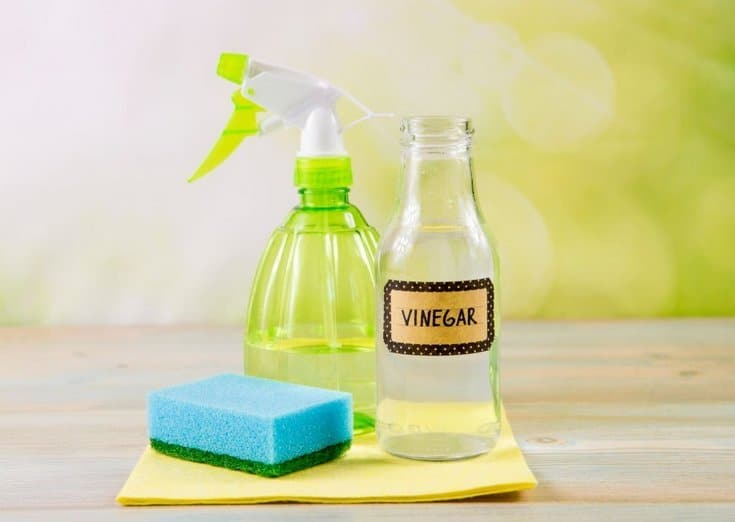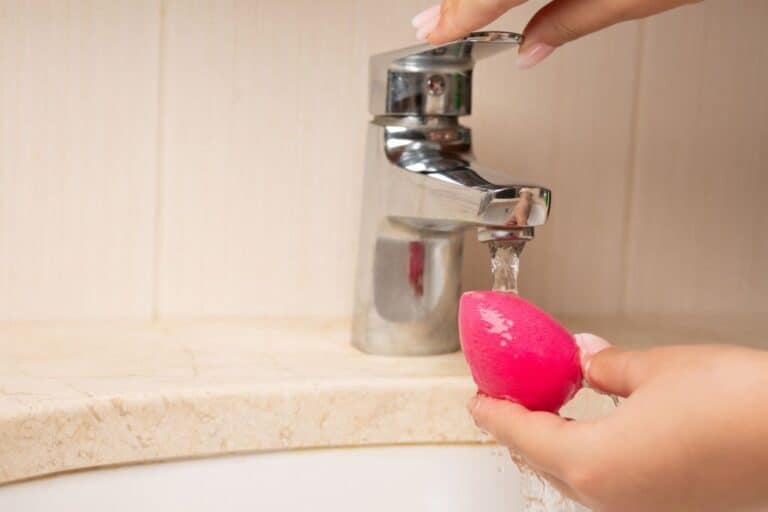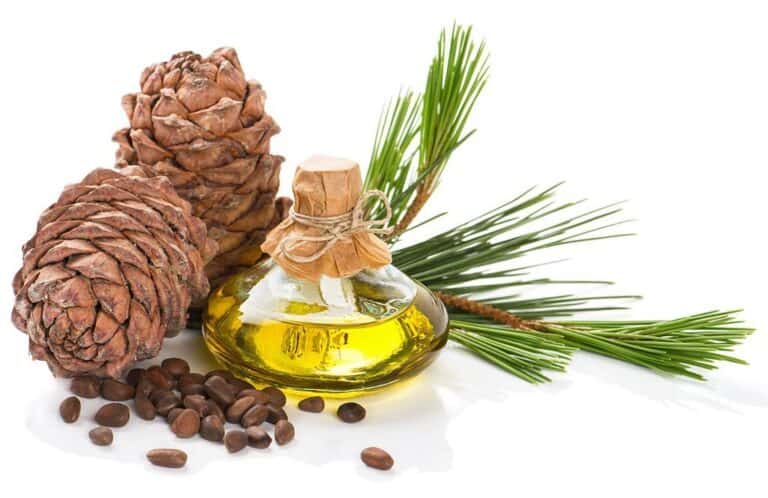Can You Mix Vinegar and Rubbing Alcohol as a Cleaning Product?

Cleaning is one of those tasks that often feels like it takes up more time than it should, right? We all want that “sparkling clean” feeling, but sometimes, using all the store-bought products just feels like overkill. Plus, if you’re like me, you love finding ways to use common household items in creative ways.
That’s why I was curious about the possibility of mixing vinegar and rubbing alcohol—two cleaning powerhouses you probably already have in your pantry or medicine cabinet. But can these two ingredients be combined to make a better cleaning product, or is that a recipe for disaster?
The world of DIY cleaners is full of tips and tricks, but not every combination is as effective as it sounds. The question is simple, yet packed with potential: can vinegar and rubbing alcohol team up for a cleaning session that leaves your house sparkling? Spoiler alert: the answer might surprise you.
The Basics of Vinegar and Rubbing Alcohol

Before diving into whether or not these two can live in harmony, it’s important to understand what each ingredient brings to the table. Both vinegar and rubbing alcohol have strong cleaning properties on their own, but they do different jobs.
Vinegar: This acidic liquid, which is essentially diluted acetic acid, is a fantastic natural cleaner. It’s effective against grease, grime, and soap scum. Its acidity also makes it a great deodorizer, cutting through smells without overpowering them. I use vinegar in everything from cleaning windows to freshening up my laundry.
Rubbing Alcohol: Rubbing alcohol (isopropyl alcohol) has disinfectant properties, making it ideal for sanitizing surfaces. It evaporates quickly, leaving surfaces streak-free, which makes it a popular choice for cleaning glass and mirrors. It also has antibacterial and antiviral properties, so it’s excellent for sanitizing surfaces like countertops or doorknobs.
So, what happens if you mix them?
What Happens When You Combine Vinegar and Rubbing Alcohol?
Now that we know what each ingredient brings to the table, let’s talk about whether they can work together. In theory, combining these two cleaning agents sounds like a dream team—after all, they both clean well on their own. But mixing them requires a little caution.
When vinegar and rubbing alcohol are mixed, the resulting solution is still acidic (thanks to the vinegar), but the alcohol’s disinfectant properties remain intact. However, the combination isn’t quite as effective as you might think. Here’s why:
- Vinegar’s acidity can neutralize some of the alcohol’s disinfectant qualities. While the alcohol can still clean surfaces, it might not be as potent as when used alone.
- Fumes: Both vinegar and rubbing alcohol have strong odors. When mixed, they can release a harsh, overpowering scent that could irritate your eyes or nose. I’ve made the mistake of mixing these two in an enclosed space, and it was like a punch to the senses!
- No Major Chemical Reaction: It’s important to note that no dangerous chemical reaction occurs when you mix vinegar and rubbing alcohol. It’s not like mixing bleach with ammonia (which you definitely don’t want to do!). But the mix doesn’t pack the same cleaning punch as you might expect.
So, while you’re not creating a dangerous chemical cocktail, you’re also not getting the best of both worlds. If you’re looking for something truly effective, there might be a better way to use them.
When to Use Vinegar and Rubbing Alcohol Separately
While vinegar and rubbing alcohol can still be useful in different cleaning situations, it’s better to use them separately in most cases. Here’s how:
- For a Disinfecting Powerhouse: If you need to disinfect a surface, use rubbing alcohol on its own. It’s one of the best disinfectants available without the need for bleach or other harsher chemicals.
- For Removing Grease or Stains: Use vinegar when you’re dealing with grease or grime. I’ve found that vinegar is incredible for cutting through kitchen grease on stovetops or for removing sticky residue left behind by labels.
- For Windows and Mirrors: Both vinegar and rubbing alcohol can be used on glass surfaces, but it’s better to use them separately. I like to mix equal parts vinegar and water in a spray bottle for a streak-free shine on windows. For mirrors, rubbing alcohol works best when sprayed directly on a microfiber cloth—just be sure to wipe the surface in a circular motion to avoid streaks.
Here’s a simple guide on how to use them separately:
| Cleaning Need | Best Cleaning Solution |
| Disinfecting surfaces | Use rubbing alcohol directly on the surface |
| Removing grease and grime | Use vinegar diluted with water for tough spots |
| Cleaning windows and mirrors | Use a vinegar-water mix or rubbing alcohol alone for streak-free shine |
Benefits of Using Both Ingredients (But Not Together)
Even though vinegar and rubbing alcohol don’t make the best team when mixed, they’re both powerful on their own. Here’s how you can maximize their individual benefits:
- Cost-Effective: Both vinegar and rubbing alcohol are cheap and widely available. Unlike expensive cleaning products, you won’t break the bank by using these everyday items to clean.
- Multi-Purpose: These ingredients are versatile. They’re effective for a wide range of cleaning tasks, from disinfecting bathroom surfaces to deodorizing your carpet. They can be used in many DIY cleaning recipes, helping you avoid harsh chemicals.
- Environmentally Friendly: If you’re looking to reduce your chemical footprint, both vinegar and rubbing alcohol are much more environmentally friendly than many store-bought cleaners, which can contain toxic ingredients. Using them alone or in other DIY combinations will help you create a more eco-conscious home.
Alternative Cleaning Solutions
If you’re concerned about the potential risks of mixing vinegar and rubbing alcohol as a cleaning solution, don’t worry! There are plenty of alternative natural cleaners that can provide similar disinfecting properties without any potential dangers. Here are a few safe and effective options:
1. Hydrogen Peroxide
This versatile household staple is known for its disinfecting abilities. It’s an excellent alternative to rubbing alcohol when it comes to killing germs on surfaces. Simply pour some hydrogen peroxide into a spray bottle and use it on countertops, bathroom fixtures, or any other areas that require disinfection.
2. Lemon Juice
With its acidic properties, lemon juice has natural antibacterial and antiviral qualities. Dilute some fresh lemon juice with water in a spray bottle to create your own all-purpose cleaner. It not only smells refreshing but can also effectively tackle stains and grime.
3. Tea Tree Oil
Extracted from the leaves of the tea tree plant, this essential oil is well-known for its antimicrobial properties. Mix a few drops of tea tree oil with water in a spray bottle and use it as an effective alternative to vinegar for cleaning purposes.
By opting for these alternative natural cleaners, you can achieve cleanliness without worrying about potential risks associated with combining vinegar and rubbing alcohol. So go ahead, try these alternatives out and enjoy their powerful cleansing abilities!
Conclusion: Keep Them Separate for Maximum Effectiveness
So, can you mix vinegar and rubbing alcohol as a cleaning product? Technically, yes—but it’s not the magic cleaning solution you might have hoped for. While the mix won’t harm you or your surfaces, it’s not the most effective combo. In most cases, using them separately gives you better results. Whether you’re disinfecting, deodorizing, or tackling stubborn stains, these two cleaning heroes deserve to shine on their own.
If you’ve been curious about creating a super-cleaning potion, give these two ingredients a try—but be sure to use them the right way. Trust me, you’ll save time, breathe easier, and leave your house sparkling without the hassle of mixing them together.






